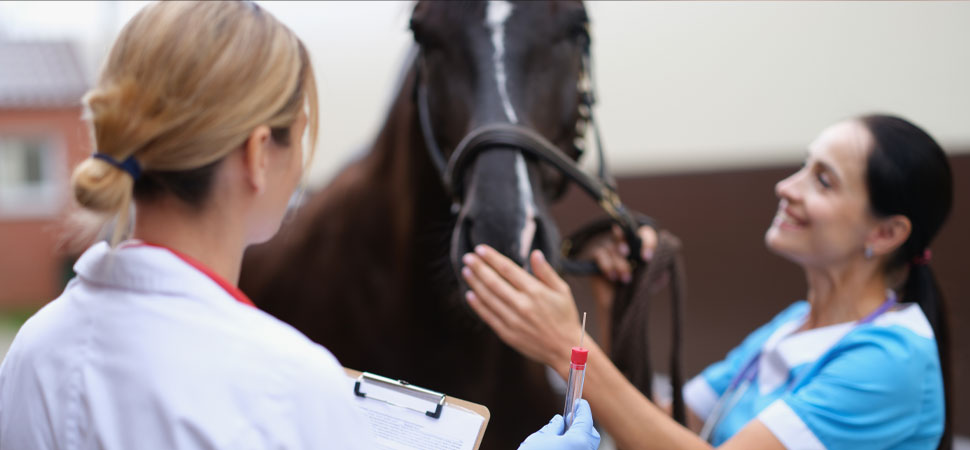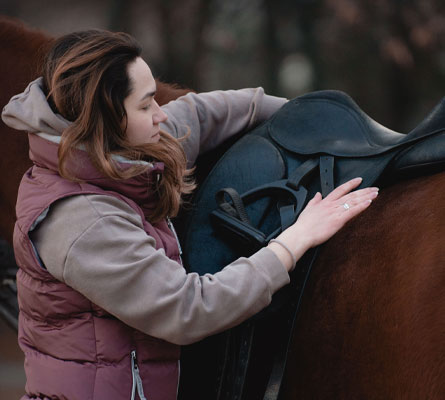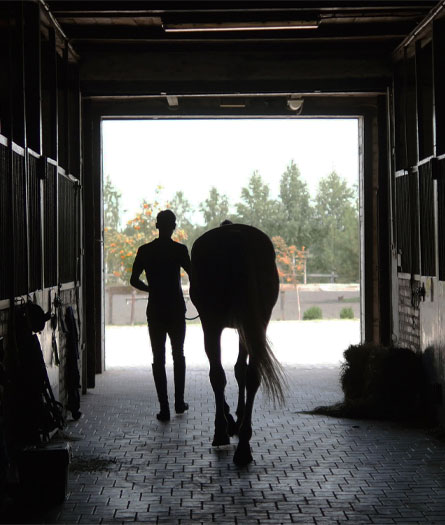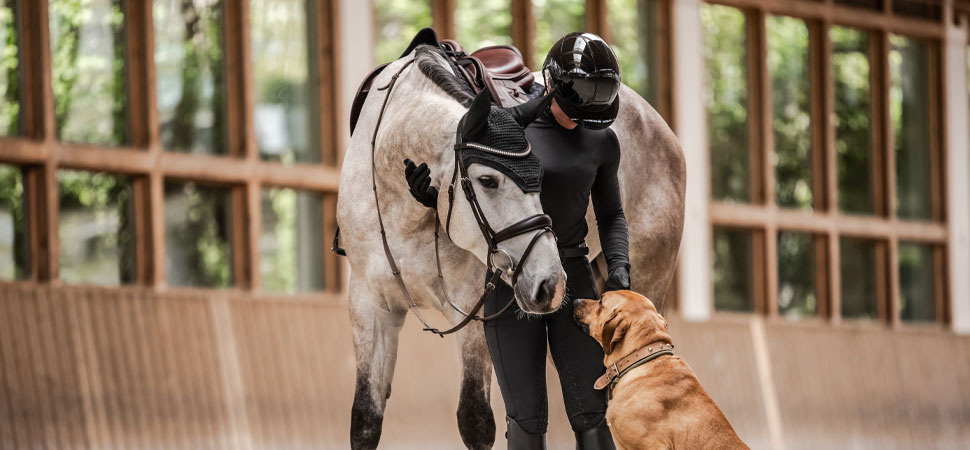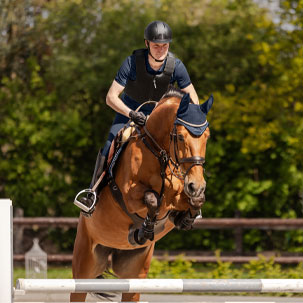
Let’s take a closer look at the various careers available in the equestrian industry. When it comes to equine health, there are just as many career options as in the fields of craftsmanship and business. And for those with a creative inclination, there are plenty of opportunities as well.
Join our team
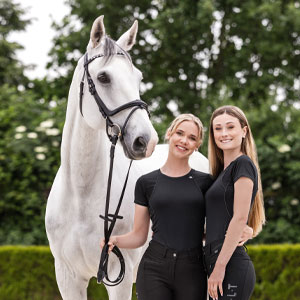
Join our team
Your hearts beats for the equestrian sport? You always wanted to work in a global company that is constantly developing? Then you are exactly right with us. Waldhausen is one of the largest wholesalers for equestrian products worldwide. We are thus relying on our strengths that lie in over 185 years of experience and expertise.
The author
Born in 1983 in Mühldorf am Inn, I discovered my passion for writing, culture, horses, and travel early on. After graduating from high school and earning a B.A. in Cultural Studies, I began my journalism career in 2007. My article on Meredith Michaels-Beerbaum's European Championship victory received multiple awards. Since then, I have written for over 30 specialist magazines, contributed to book projects such as Selected Stallions of Germany, and managed PR campaigns. Additionally, I focus on travel journalism, including my series Tournament Hopping.
Alexandra Koch
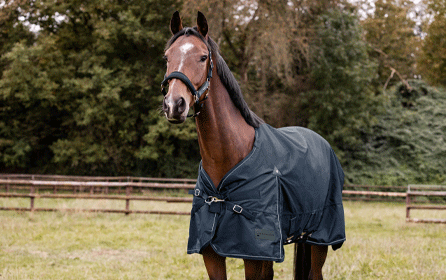
In our blog post, you’ll learn how to properly clean and care for your
horse rugs to keep them in top condition. With practical tips and a
step-by-step guide, washing them becomes easy!
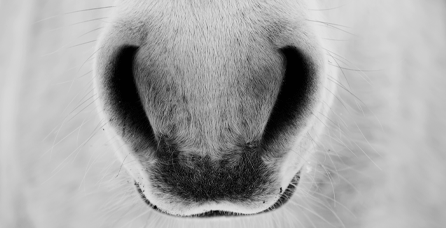
Is your horse coughing? Find out what helps – from immediate measures to prevention. Tips on treatment, feeding, and stable hygiene support respiratory health.
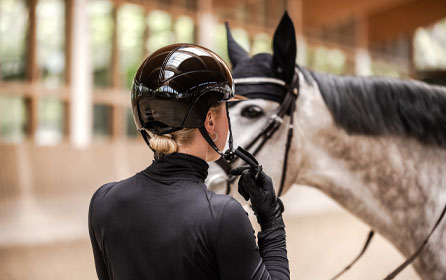
Dreaming of turning your passion for horses into a career? Here’s an overview of exciting equine professions and what makes them unique.
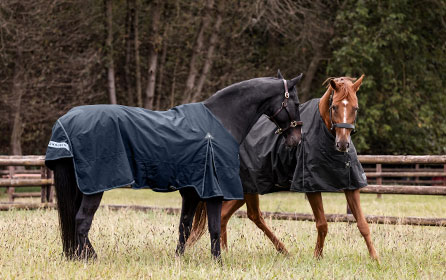
Outdoor rugs are essential for protecting your horse from cold, rain, and wind in unpredictable weather. In this post, you'll learn about the different types of outdoor rugs, what to consider when choosing one, and how to ensure your horse stays comfortably protected at all times.

